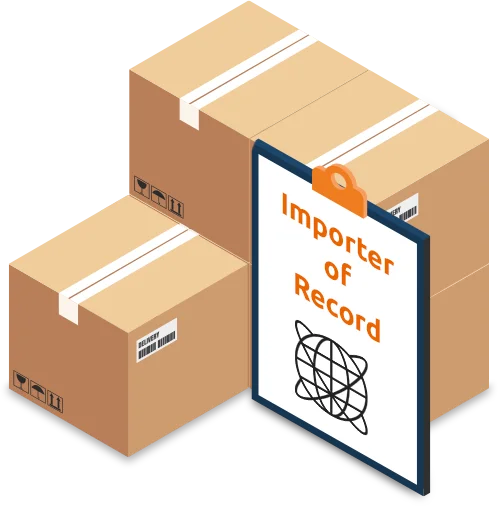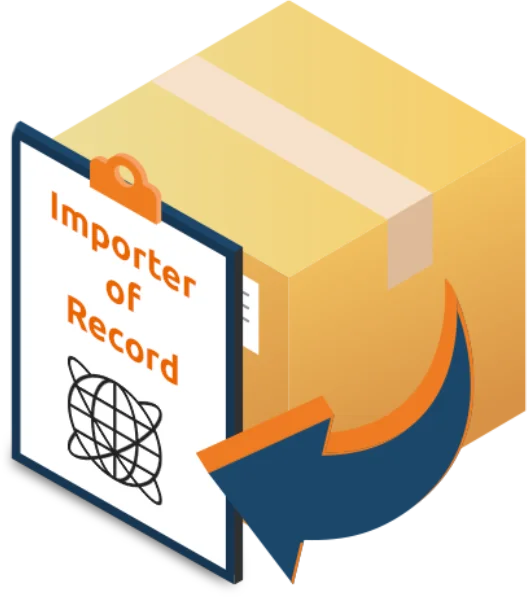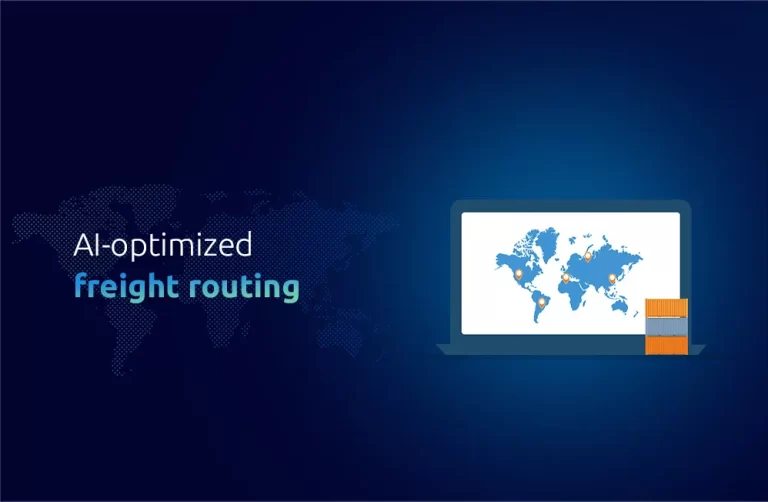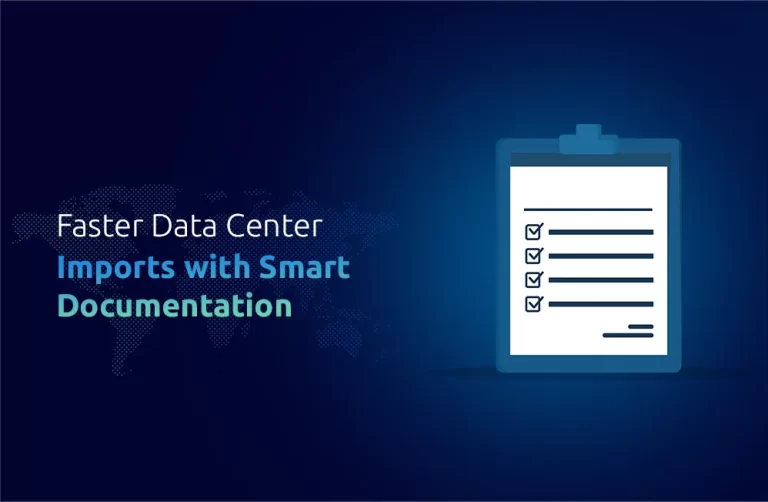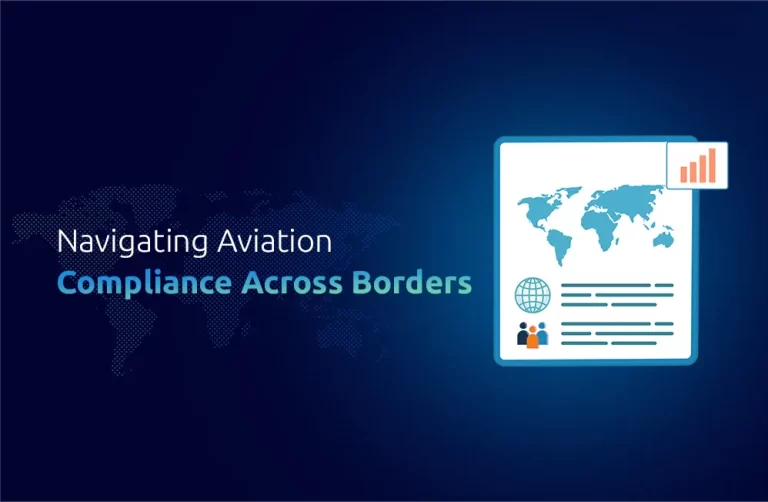IT Support in Customs Operations in Mexico
In addition to our comprehensive IOR services, We offers specialized IT support in customs operations in Mexico. Our technology-based solutions help businesses improve the efficiency of their customs processes. We use innovative applications and tracking systems that confirm all documents are filed accurately and on time, avoiding the risk of delays and taxes. Incorporating technology into customs processes not only speeds up the import process but also improves overall supply chain efficiency.
In Mexico, do I need an import license?
Most products can be imported into Mexico without a general import license. Certain products, however, require specific permits or licenses from the appropriate government agencies. Examples include automotive products, medicine, the information technology industry, and aviation. Consult the Mexican tax authorities (SAT) or a customs broker to confirm the requirements for your product category.
Here’s how One Union Solutions can help you in Mexico
One Union Solutions is a leading logistics and supply chain solutions provider with extensive expertise in importing goods into Mexico. We offer a comprehensive range of services, including customs brokerage, compliance assistance, documentation management, tariff and tax optimization, and specialized solutions for restricted or prohibited goods. We support various industries in navigating the generalized system of preferences, DAP, and DAPs, ensuring that all legal requirements are met while reducing the time and costs associated with temporary imports.
When discussing importing and customs processes in Mexico, it is essential to consider the generalized system of preferences, harmonized system code (HS code), HTS harmonized tariff, and incoterms. Businesses can also benefit from IOR services in Saudi Arabia, Mexico, and beyond, ensuring efficient customs clearance and compliance for IT equipment and other goods. We support companies with customs clearance services in Mexico, providing end-to-end assistance.
Services Offered by One Union Solutions
One Union Solutions offers a wide range of services to businesses looking to import goods into Mexico. Our services include:
Expertise in Importing into Mexico
With years of experience and in-depth knowledge of Mexican customs and import regulations, our team can provide expert guidance on the entire import process. We stay up-to-date with the latest regulations, tariffs, taxes, and duties, and leverage our expertise to help businesses make informed decisions and navigate the complexities of importing into Mexico.
Simplifying Customs and Import Regulations
Mexico has complex customs and import regulations that can be challenging to navigate. Our team can help you understand and comply with these regulations, ensuring smooth and timely customs clearance for your imported goods. We manage all the necessary documentation, classification, valuation, labeling requirements, and compliance to help you avoid delays or penalties.
Comprehensive Documentation and Compliance Assistance
Proper documentation and compliance are crucial when importing goods into Mexico. Our team can assist you in preparing accurate and complete documentation, including commercial invoices, packing lists, certificates of origin, permits, licenses, and other relevant paperwork. We also ensure compliance with local regulations, such as labeling requirements, product safety standards, and environmental regulations, to streamline the import process.
Tariffs, Taxes, and Duties Management
Managing tariffs, taxes, and duties is a critical aspect of importing into Mexico. Our team can help you understand the applicable tariffs, taxes, and duties for your goods, and provide strategies to optimize costs and maximize savings. We can also assist with the calculation, payment, and management of these financial aspects to ensure compliance with local regulations and minimize costs.
Handling Restricted and Prohibited Goods
Importing restricted or prohibited goods requires specialized knowledge and expertise. Our team has experience
DID YOU KNOW?
“Mexico’s manufacturing takeoff is still gaining steam. The country’s exports to the US reached a record $475 billion in 2023.”

